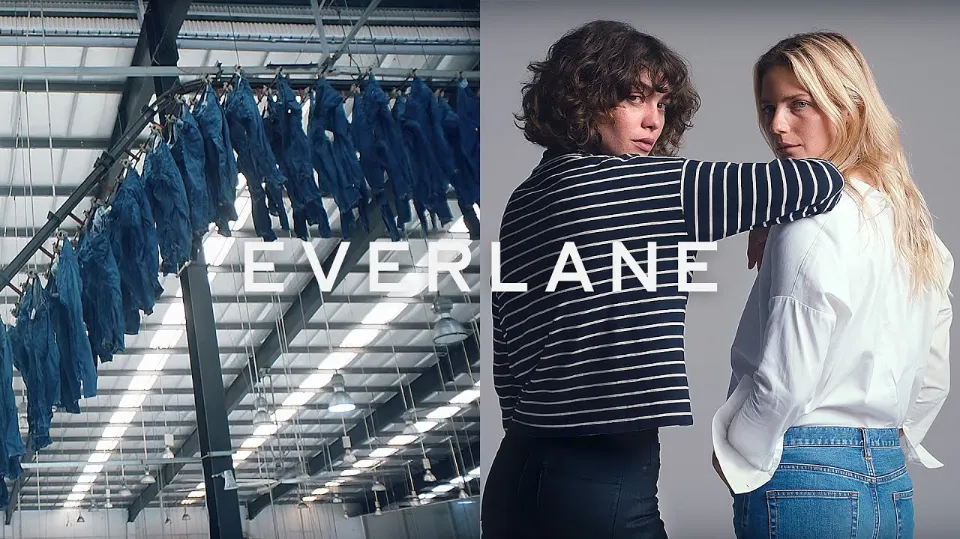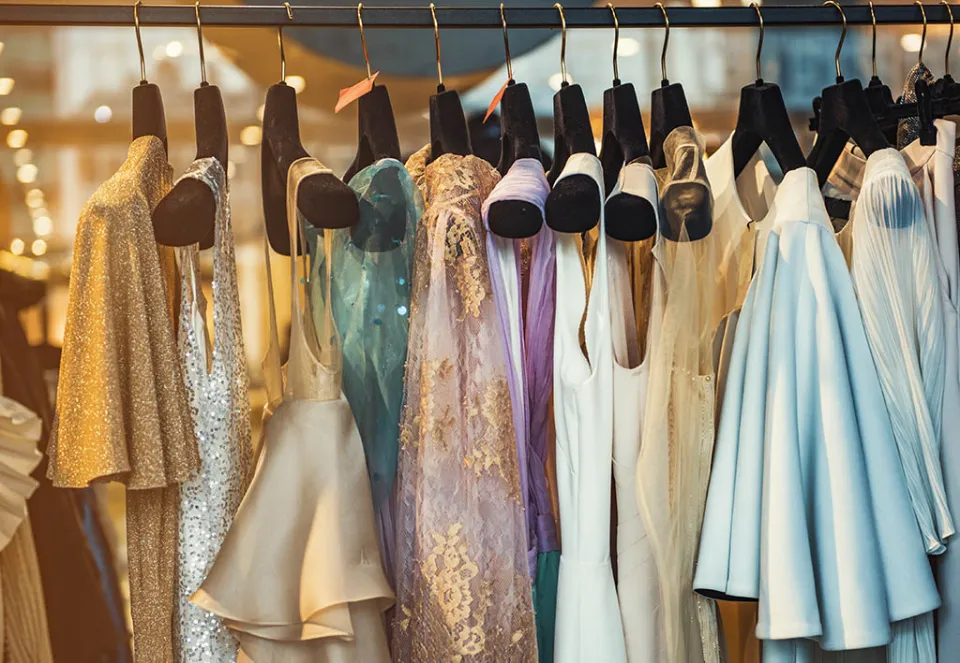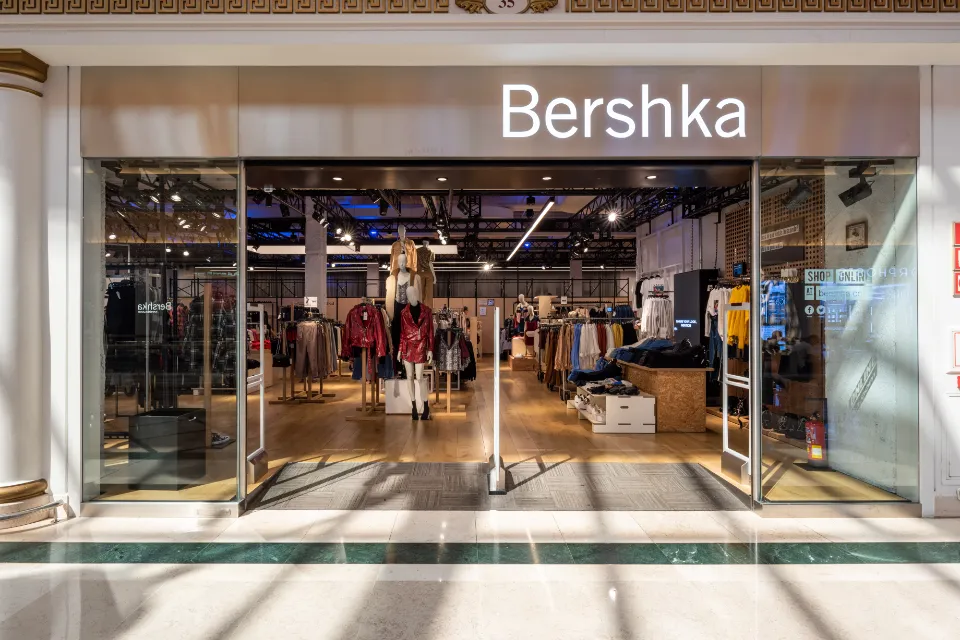Since its founding in 2010, Everlane has emerged as one of the leading brands in the sustainable fashion industry. But is Everlane ethical?
Everlane claims to be “radically transparent,” ethical, and high-quality—which are some pretty big claims. In the era of greenwashing though, is Everlane actually as ethical and sustainable as they say?
You should be aware of the following! Keep reading to learn the truth about Everlane.
What is Everlane?
Everlane is a Creating high-end, budget-friendly wardrobe essentials for men and women is the focus of this California-based fashion company. It provides a selection of goods that includes a variety of wardrobe necessities like t-shirts, sweaters, jeans, dresses, outerwear, shoes, and more.
By selecting classic styles that are simple to incorporate and will never go out of style, the label hopes to upend the fast fashion sector.
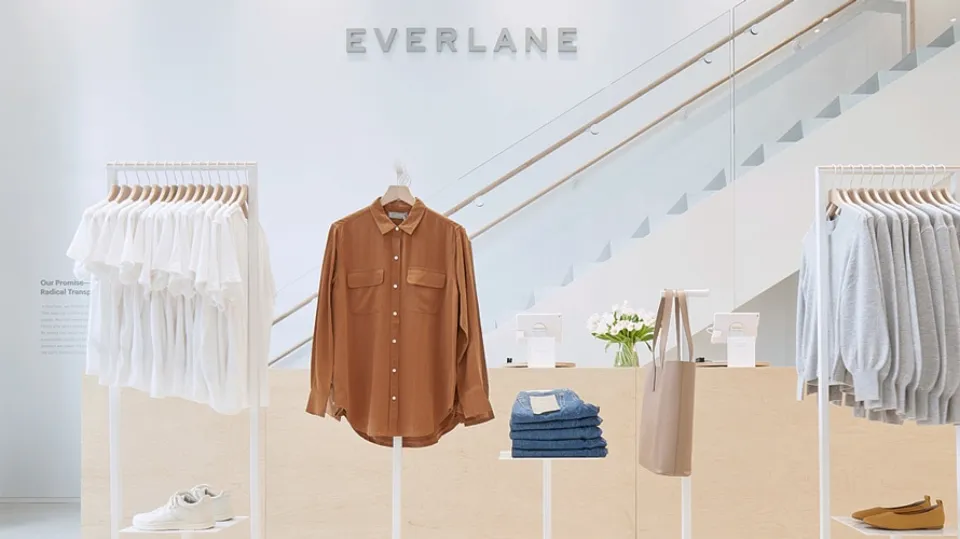
Everlane positions itself as a practitioner of “Radical Transparency.” The company aims to inform customers about its manufacturing facilities, raw materials, and a detailed price breakdown of each product, which includes information on the production costs and related markups.
The majority of its target market is made up of conscientious millennials who favor high-quality, classic clothing over trendy attire.
In terms of new style turnaround time, the brand typically prioritizes creating timeless, durable designs over adhering to quick fashion cycles.
Thus, there is less need for frequent updates because every piece of clothing in it is made to last for several seasons in your wardrobe.
Is Everlane Ethical?
Everlane calls itself as a responsible business that prioritizes fair trade practices. However, there is plenty of room for significant improvements even though the company is making efforts to become completely ethical.
It claims to be “Radically Transparent,” depicting the True Cost of its products. It’s commendable that the brand is maintaining transparency by publishing a list of its suppliers under the “Factories” section.
Additionally, it provides you with an inside look at each facility, including information on how many people work there, how long the partnerships have lasted, how they were chosen, and other details.
Additionally, the company has a Code of Conduct for its suppliers that guarantees they adhere to every requirement of fair labor. However, Everlane is just being selectively transparent, as there are considerable gaps in the supply chain information provided by the brand.
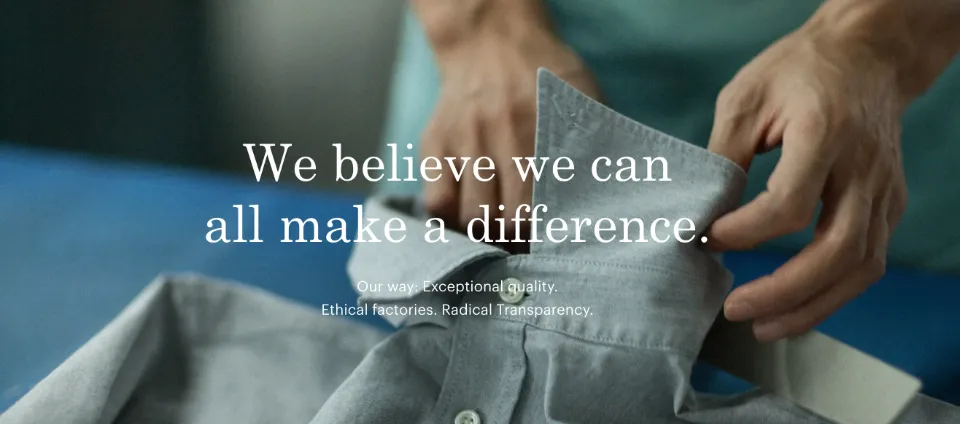
To begin with, it states that all production units are audited by a third party, but it doesn’t reveal the findings of these audits.
Additionally, there is no assurance that employees are being paid a living wage because the company doesn’t share any reports addressing such issues. Furthermore, it’s unclear how frequently these audits take place and precisely which supply chain component is audited.
The majority of Everlane‘s facilities are also not accredited by any reputable associations. Of course, the happy faces on the factory pictures provided on the website look promising, but they don’t actually portray concrete working conditions.
The company offers no proof that it includes worker empowerment programs like development training, complaint rights, the right to form a union, etc. For many brands across the US, it has actually been entangled in labor and union controversies.
To top it all off, reports of racial harassment and a toxic workplace environment on the label’s campus where black employees were subjected to rude comments also surfaced.
In order to ensure that nothing similar ever happens again, the brand accepted full responsibility for the incident.
Everlane may be making genuine efforts to uphold ethical standards, but much more work must be done.
Related Posts:
- Is H&M Ethical?
- Is Adidas Ethical?
- Is Patagonia Ethical?
- Is Nasty Gal Ethical?
- Is Forever 21 Ethical?
- Is Fashion Nova Ethical?
- Is Urban Outfitters Ethical?
Is Everlane Sustainable?

Everlane claims that it is committed to becoming sustainable. But to be honest, the brand has miles to go before it can be tagged as an entirely sustainable business.
The green flag currently produces well-made, classic clothing that makes the ideal additions to any wardrobe and is made to last for years.
The choice of materials used by the clothing line has also seen a noticeable improvement. By 2023, it will have switched to using only 100% organic cotton rather than conventional cotton.
Additionally, 97% of its polyester and nylon fabrics are now made from recycled fibers obtained from disposable plastic bottles, fishing nets, fabric remnants, and other materials.
You Might Also Like: Is Everlane Fast Fashion?
Everlane Environmental Impact
When it comes to the environment, despite its claim of “radical transparency”, there are significant gaps in the information Everlane makes information available to the general public, though on some topics there is none at all.
That’s why we’ve given Everlane a rating of “Not Good Enough” for the environment.
On the plus side, Everlane does reject passing trends, instead emphasising classic, well-made designs that are more likely to be worn for longer—a key characteristic of ethical fashion.
And we were happy to see that Everlane unveiled a new denim line in September 2017 that addresses many of the negative environmental effects of denim production. Recycled fabrics are among the environmentally friendly materials used in it.
Everlane Labor Conditions

When taken at face value, Everlane appears to do right by its workers. The Everlane website includes a “Factories” section that identifies many of the brand’s suppliers worldwide and provides pictures of the factories, short descriptions of how They were discovered by Everlane, along with the goods made there and the owners’ contact information.
Though publicly sharing a list of suppliers is a good step towards “radical transparency”, The list doesn’t contain any suppliers who are involved in the raw material stage, and Everlane doesn’t specify whether this is an exhaustive list of suppliers.
Additionally, even though the provided images show positive working conditions, it is challenging to verify that they accurately depict Everlane’s suppliers because they were not provided (or audited) by a neutral third party.
Furthermore, the scope and frequency of supply chain audits are not entirely clear.
Despite these “happy” factories, there is no evidence the brand has worker empowerment initiatives such as collective bargaining or rights to make a complaint, nor does it ensure payment of a living wage in its supply chain.
At this stage, the brand scores “Not Good Enough” for workers, as it still has a long way to go.
Everlane Animal Welfare
Everlane also scores “Not Good Enough” for our animal friends. None of its products contain angora, fur, down, skin from exotic animals, or down.
There is no indication of a formal animal welfare policy, despite the general statement that animal suffering should be minimized and the fact that some animal products are traced back to the first step in production.
Although it does state that the wool is sourced from non-mulesed sheep, its use of leather, wool, and exotic animal hair lowers its score in this category. When a company doesn’t disclose where animal-derived materials come from, the welfare of both workers and animals cannot be guaranteed.
It is necessary for Everlane to increase the transparency and traceability of its materials, or, even better, to completely stop using materials derived from animals in its products.
Is Everlane Legit?
Yes, Everlane is a legit fashion destination. The brand has a devoted following of customers who are absolute devotees of its high-quality clothing that is offered at competitive prices.
Jeans and everyday staples are particularly popular. Additionally, the slow fashion company’s business strategy perfectly fits the needs of customers looking for clothing that can be worn throughout the year.
However, complaints about the company’s subpar customer support, tardy deliveries, and exorbitant return shipping costs have significantly increased.
It appears that if the company wants to remain in operation for a long time, in addition to working on its sustainability commitments, it must also concentrate on providing better customer service.
Final Words on is Everlane Ethical
In terms of sustainability, there is no end point.
I hope this post was helpful in explaining why Everlane is not as ethical and sustainable as most people believe.
You may choose to keep purchasing Everlane if you wish. I am aware of how difficult it is to always act morally (and how sometimes you just really, really want that jumpsuit), as well as how complicated the world is.
Read More: Does Everlane Run Big Or Small?
FAQs About Is Everlane Ethical
Is Everlane Good Quality?
Yes, Everlane sells high-quality clothing.
Who Owns Everlane?
Everlane was founded by Michael Preysman, who serves as its CEO.
Is Everlane Considered to Be Fast Fashion?
It’s clear that it isn’t a supporter of fast fashion.

